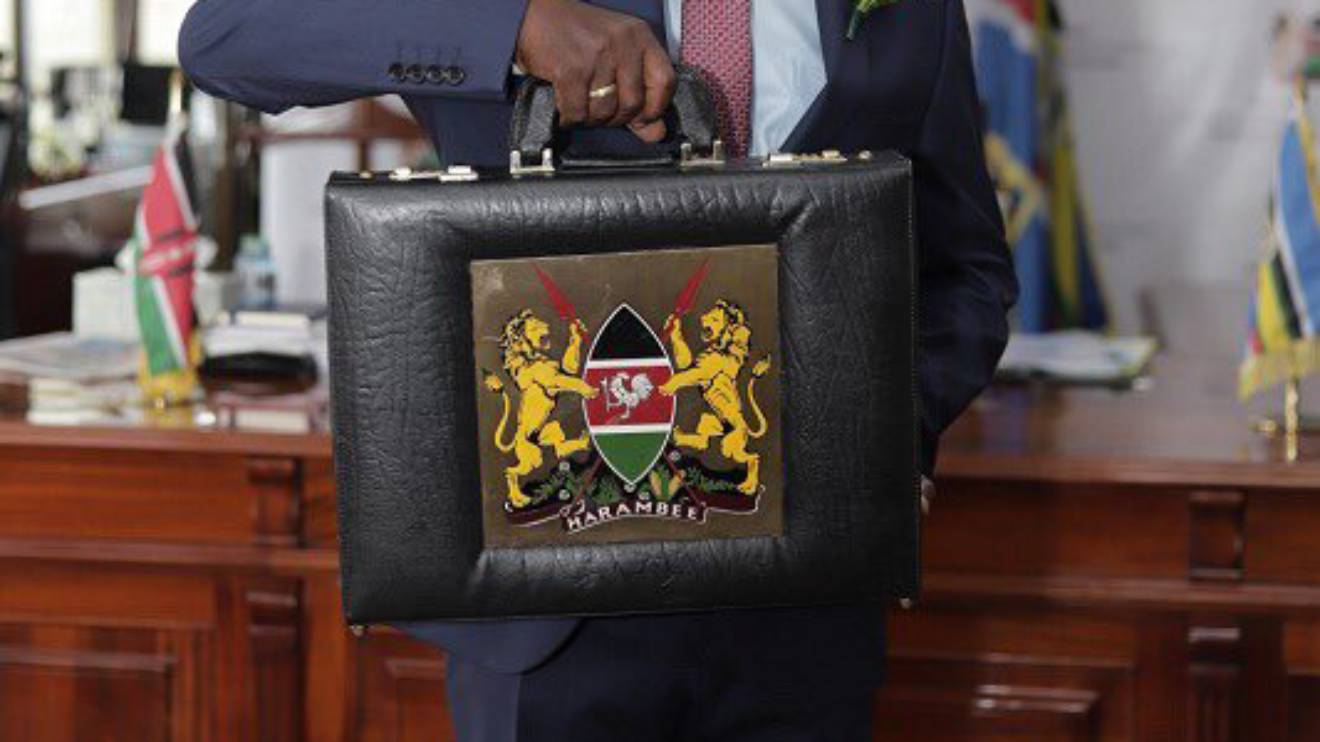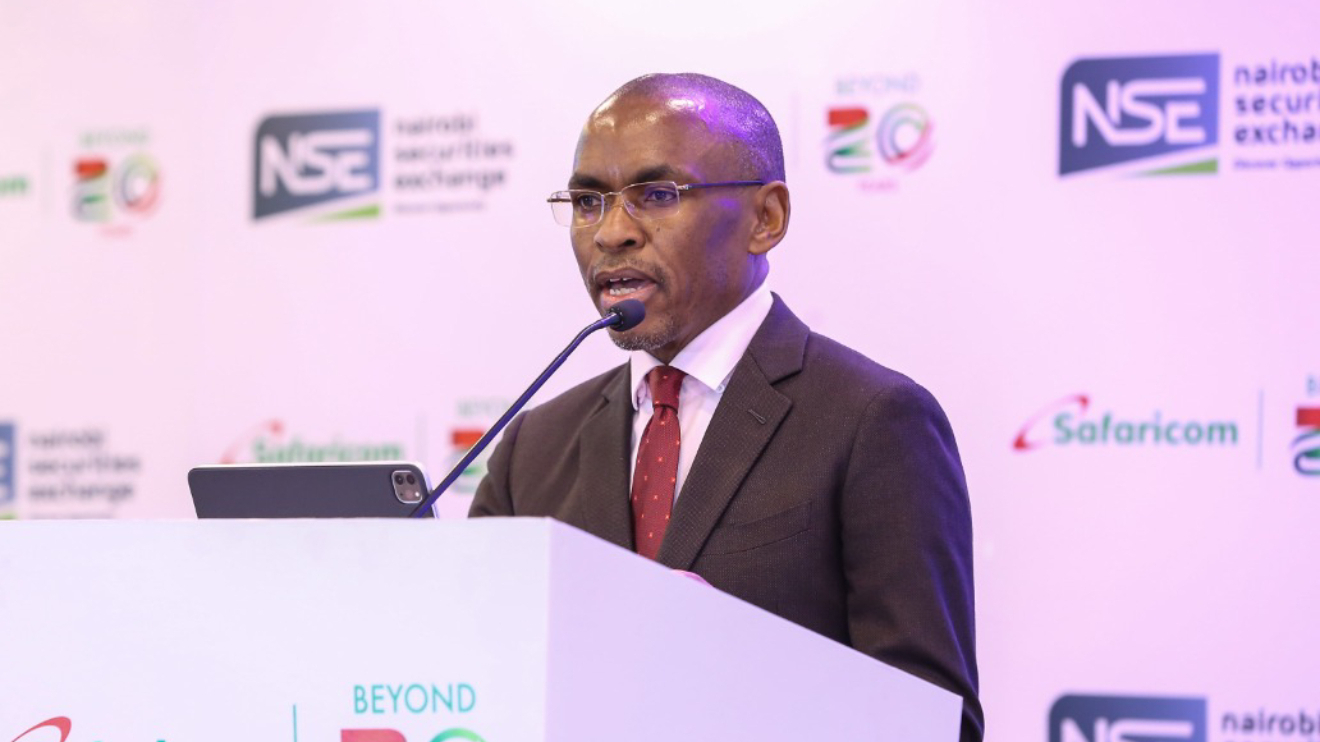Kenya's Budget Policy Statement for the 2024/2025 financial year has been met with confusion and concern because of conflicting figures regarding the total budget.
While one page lists the budget at Sh4.1882 trillion, another indicates a figure of Sh4.143 trillion, creating a discrepancy of Sh45 billion.
This inconsistency has raised questions about the accuracy and transparency of the government's fiscal planning.
Adding to the confusion, the sum of individual allocations within the document itself aligns with the lower figure of Sh4.1437 trillion, further conflicting with the higher figure presented elsewhere.
These discrepancies have prompted scrutiny from various committees, including the Budget and Appropriations Committee.
Read More
Despite the budgetary inconsistencies, the government has revealed its spending priorities for the upcoming year.
The national government is expected to receive the largest share at Sh2.51 trillion, followed by the Consolidated Fund Services, responsible for debt repayment and pensions, receiving Sh1.2 trillion. County governments are projected to receive Sh391 billion.
According to the Chairperson of the Budget and Appropriations Committee, Ndindi Nyoro, the government prioritizes debt repayment as a means of fostering economic growth.
"Consolidated Fund Services, which this year we have increased to among the highest figures we have ever given, to over Sh1.2 trillion," Nyoro stated.
"The reason we are doing this is because we also want to continue offsetting our debts in a timely manner so that the stability of our country in terms of the macros can also be guaranteed."
Meanwhile, the Finance and National Planning Committee has proposed tax cuts to stimulate the economy.
Kuria Kimani, Chairperson of the committee, elaborated on the proposal, stating, "We are also having a discussion about reducing corporation tax from 30 per cent to 25 per cent, and this again is an ongoing discussion.
"Hopefully this will see an attraction of foreign direct investment and also this will see most businesses formalize. There’s also a discussion about reducing VAT," Kimani added.
These proposed tax cuts, coupled with the discrepancies within the Budget Policy Statement, highlight the ongoing debate surrounding Kenya's economic direction and the need for transparency and accountability in government financial planning.







-1756319289.jpg)
-1757101509.jpg)



